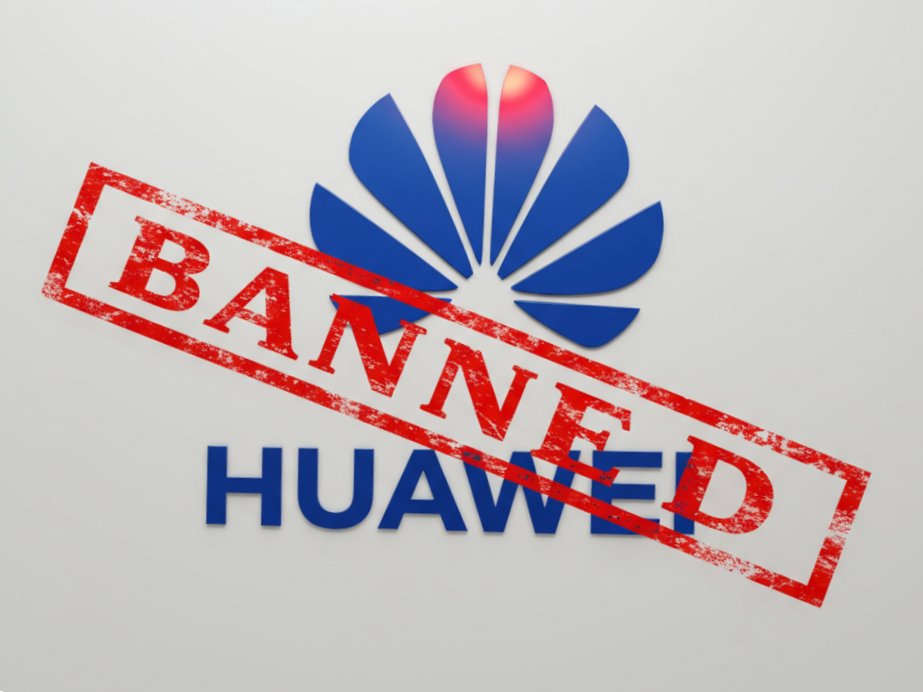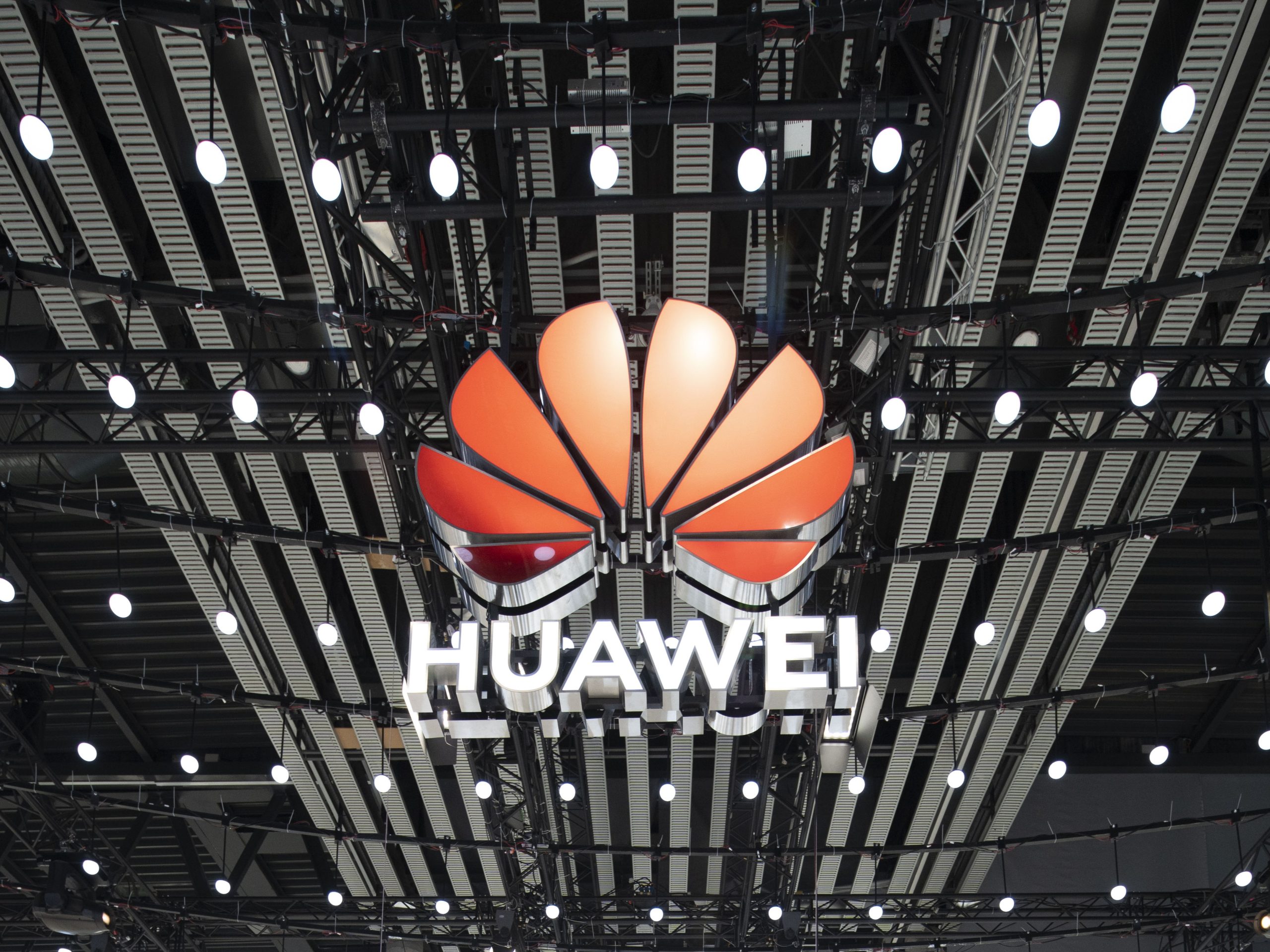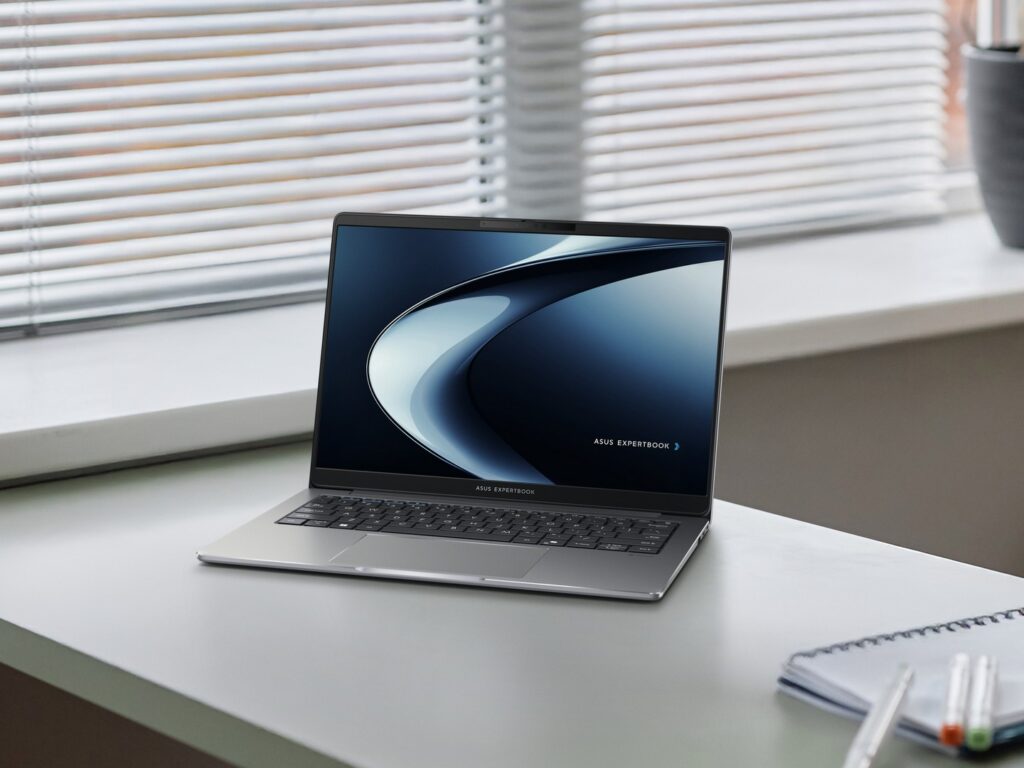National Security Drives Taiwan’s Chip Export Ban on HUAWEI and SMIC
Taiwan has significantly expanded its export control list, officially adding Chinese technology giants HUAWEI Technologies and Semiconductor Manufacturing International Corp (SMIC) to a roster that includes entities like the Taliban and al Qaeda. This move, announced by Taiwan’s economy ministry’s trade administration, mandates government approval for any Taiwanese company seeking to export products to the proscribed firms.
Details of the Expanded Export Control List
The inclusion of HUAWEI and SMIC, both central to China’s ambitions in chip and artificial intelligence (AI) development, was confirmed in an updated version of the ministry’s trade administration website. While neither company has commented outside of weekend office hours, the ministry issued a statement on Sunday confirming the review meeting and the update on 10th June, citing “prevention of arms proliferation and other national security considerations.”
A total of 601 entities were added to the list, encompassing companies and organizations from various nations including Russia, Pakistan, Iran, Myanmar, and China. The ministry urged manufacturers to “comply with export control regulations, fulfil their verification obligations and carefully assess transaction risks.”
Context: Taiwan’s Role in the Global Semiconductor Industry
Taiwan, a crucial player in the global semiconductor industry and home to TSMC, the world’s largest contract chipmaker, already maintains stringent chip export controls concerning its companies manufacturing in China or supplying Chinese firms. This latest action underscores Taiwan’s heightened vigilance regarding its advanced technology.
Geopolitical Implications and Prior Controls
The decision comes amidst ongoing tensions in the global technology landscape. HUAWEI, already subject to a U.S. Commerce Department trade ban that restricts its access to U.S. goods and technology, including foreign-made chips utilising U.S. technology, continues to be a focal point of such controls. Last October, Canadian tech research firm TechInsights discovered a TSMC-made chip within HUAWEI’s 910B AI processor, considered China’s most advanced mass-produced AI accelerator. This discovery led to TSMC suspending shipments to Sophgo, a China-based chip designer whose product matched the identified chip, and a subsequent U.S. Commerce Department order for TSMC to halt further chip shipments to Chinese customers in November.
Taiwan’s government has also previously voiced concerns and pledged to combat efforts by Chinese companies, including SMIC, to illicitly acquire technology and entice semiconductor talent from the island. SMIC, China’s largest chipmaker, has been actively investing to expand production capacity and enhance China’s domestic semiconductor capabilities in response to extensive U.S. export controls.





